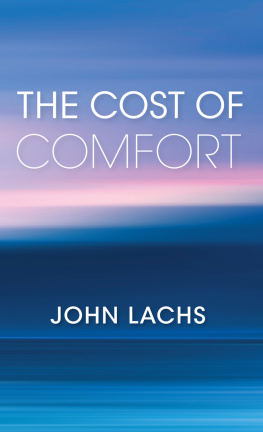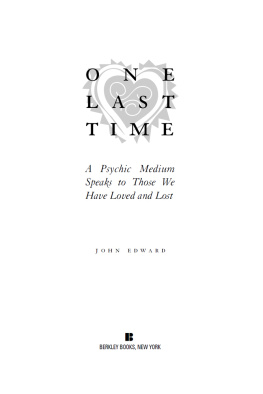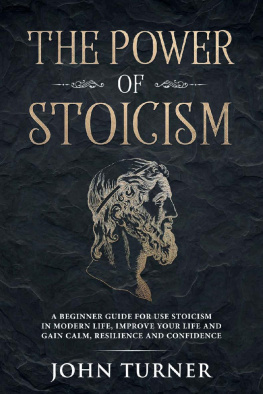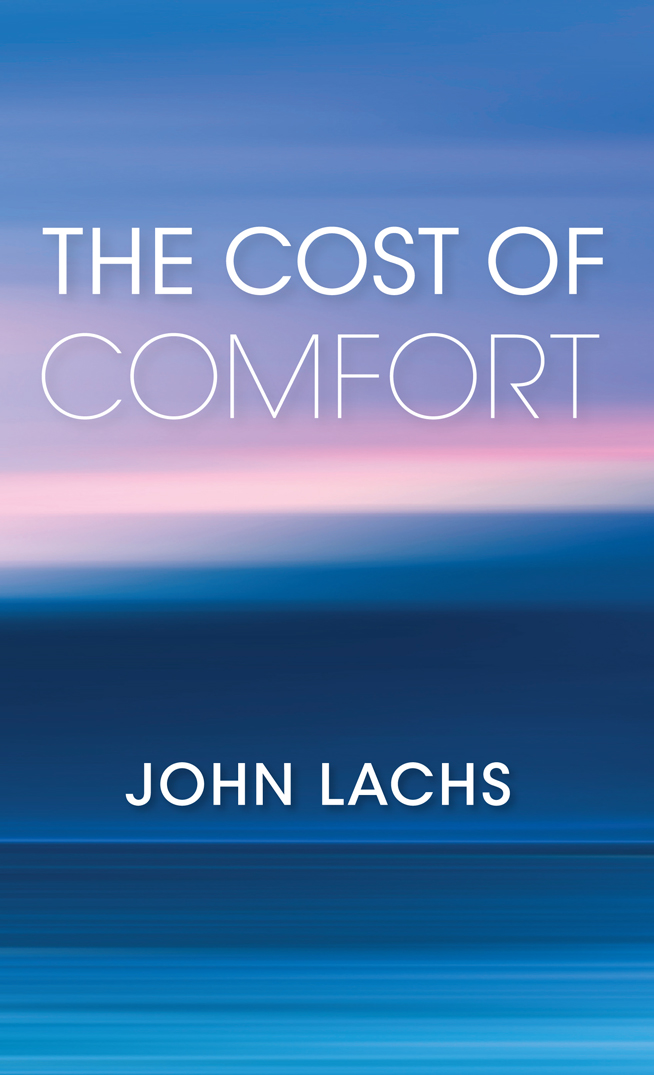Table of Contents
Guide
THE COST OF COMFORT
AMERICAN PHILOSOPHY
John J. Stuhr, editor
Editorial Board
Susan Bordo
Vincent Colapietro
John Lachs
Nolle McAfee
Jos Medina
Cheyney Ryan
Richard Shusterman
This book is a publication of
Indiana University Press
Office of Scholarly Publishing
Herman B Wells Library 350
1320 East 10th Street
Bloomington, Indiana 47405 USA
iupress.indiana.edu
2019 by John Lachs
All rights reserved
No part of this book may be reproduced or utilized in any form or by any means, electronic or mechanical, including photocopying and recording, or by any information storage and retrieval system, without permission in writing from the publisher. The paper used in this publication meets the minimum requirements of the American National Standard for Information SciencesPermanence of Paper for Printed Library Materials, ANSI Z39.48-1992.
Manufactured in the United States of America
Cataloging information is available from the Library of Congress.
ISBN 978-0-253-04316-0 (hdbk.)
ISBN 978-0-253-04317-7 (pbk.)
ISBN 978-0-253-04318-4 (web PDF)
1 2 3 4 5 23 22 21 20 19
Contents
I HAVE LONG been fascinated by the cushioned life we lead, enjoying relative security and plenty. I have long been frustrated by the irresponsibility of people in corporations and government, creating a sense of bitterness in those they are supposed to serve. This book is an attempt to show that there is an organic connection between these two sets of experiences. Their relation is established by means of the idea of mediation, a nearly universal feature of human action.
In mediation we interpose tools or other humans between ourselves and what we want to attain. This vastly increases the scope and efficacy of our power, but at the cost of the steady increase of passivity and manipulativeness. I trace the syndrome as it shows itself in daily life, corporations, and government, and I conclude with concrete suggestions for remediation.
Intermediate Man, a book I wrote some years ago, presented similar ideas. But this book is significantly different from the earlier. It covers more topics and makes, I hope, a more compelling case for my analysis. It presents mediation in testable form, inviting experimentation to establish that its growth increases and its reduction moderates the five painful costs that attend it.
The centrality of mediation for civilized life makes it unwise if not impossible to eliminate it. Instead, we can take steps to counteract its corrosive effects and thereby significantly improve the quality of our lives. In the earlier book, I argued that suitably revised education would be adequate to overcome the worst effects of mediation. Age must have moderated my sweeping enthusiasm: here, I offer a set of more modest concrete proposals that, if instituted, would net us significant improvement.
In trying to reduce the costs of mediation, we must not overlook the pleasure some gain from the suffering of others. Those who feel impotent in dealing with large corporations delight in complaining; manipulators embrace their success; people unable to see their acts as their own enjoy not caring; irresponsible office holders acquire temporary power. But such satisfactions are derivative and fleeting. They are nothing compared to the feeling tone of a society of caring, morally alert individuals.
If my analysis of a major source of social problems is correct, controlling many of the undesirable effects of mediation should be possible. That makes it a worthy aim not to surrender our comforts but to reduce their cost.
THE COST OF COMFORT
E ACH DAY, WE perform hundreds of actions. Each day, thousands of things happen to us. Some we dont notice; others we consider insignificant. By tomorrow, almost everything that took place in this ordinary today will have been forgotten; a year from now, we will probably remember nothing of it at all. Forgetting lightens the burden of existence by liberating us from the past. It leaves us with a firm sense of who we are, though little in the way of particulars.
In this way, much of what shapes our lives escapes attention or memory. Although we remember some highlights, we know little of the details of how things went for us twenty or forty years ago. We may silently suppose that, in important ways, nothing has ever been very different from what it is today. Our knowledge of history should correct such hapless suppositions, but that knowledge, too, is limited to a few dates, signal events, and a sense of general tendencies.
History would help if it were the story of how people used to live. But the daily existence of ordinary people has attracted little of the attention of historians. The stress on great persons and momentous events has made it difficult for us to relate ourselves to the people who went before. We rarely ask and cannot answer the question of what our lives would have been like had we lived fifty or five hundred years ago. We know little of how we have lived and almost nothing about the life of earlier generations. Without comparisons, we can neither understand nor assess our current condition.
Perhaps only ignorance of economics, which has ruined the Soviet Union and its affiliated republics, can match our innocence of historical reality. The presents preoccupation with itself is well symbolized by the question a college student once asked me. In speaking of self-sacrifice in the service of a cause, I used the word kamikaze. Was that the name, he inquired, of a new Japanese sedan? Young people appear to have trouble making the notion vivid for themselves that there were times in the history of the world when telephones and airplanes did not exist and when bananas were not available year-round. Older folks dont do much better, forgetting what they have seen with their own eyes.
This ignorance and forgetfulness disguise the marvelous accomplishments of the modern world. To be sure, the comfort and plenty created by industrial civilization have not yet reached everyone on the planet. But a growing number of humans live longer, eat better, suffer less, and satisfy more of a broader range of desires than any previous generation. The great philosopher William James recognized this trend as early as 1907, when he wrote: We approach the wishing-cap type of organization... in a few departments of life. We want water and we turn a faucet. We want a kodak-picture and we press a button. We want information and we telephone. We want to travel and we buy a ticket. In these and similar cases, we hardly need to do more than the wishingthe world is rationally organized to do the rest.
To this list of comforts, James could now add high-speed travel by jet plane, instant communication with virtually every part of the world, the assured supply of wholesome and varied foods, and reliable medical care, among many others. Ordinary people in industrialized countries live much better today than kings did just a few hundred years ago. Kings never enjoyed the comforts of keeping their abode at the desired temperature throughout the year and of using a multitude of products to reduce pain, enhance taste, and eliminate many of the unpleasant side effects of organic life. They shared a world of stench with bedbugs and cockroaches. Their hairy parts provided a home for lice, and their teeth slowly rotted in their jaws. Many were in poor health much of the time; when they fell seriously ill, they were treated by charlatans who bled them or offered powdered pearls as lifesaving medicine. Control over the fate of others was their compensation for the inability to control their own.
Next page







